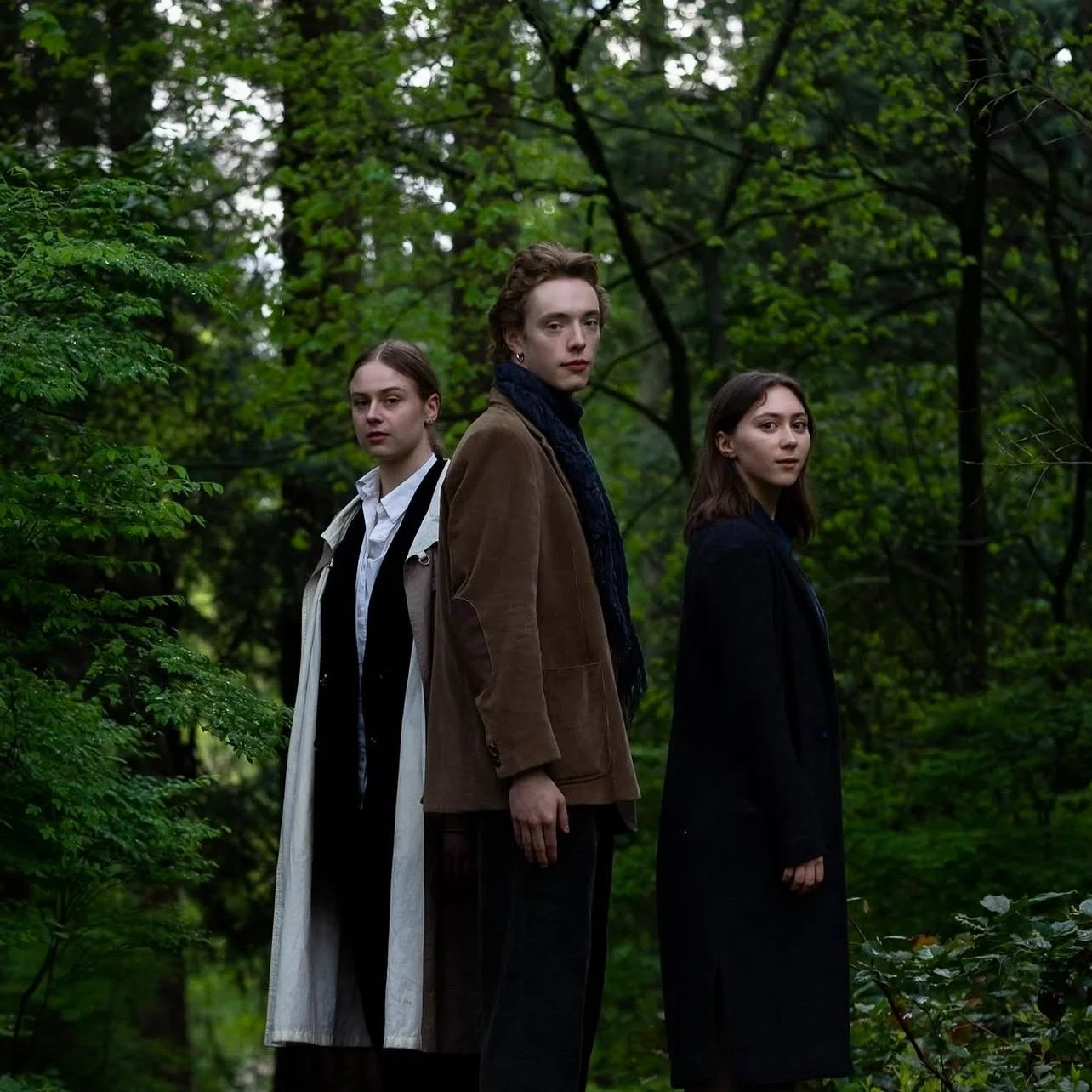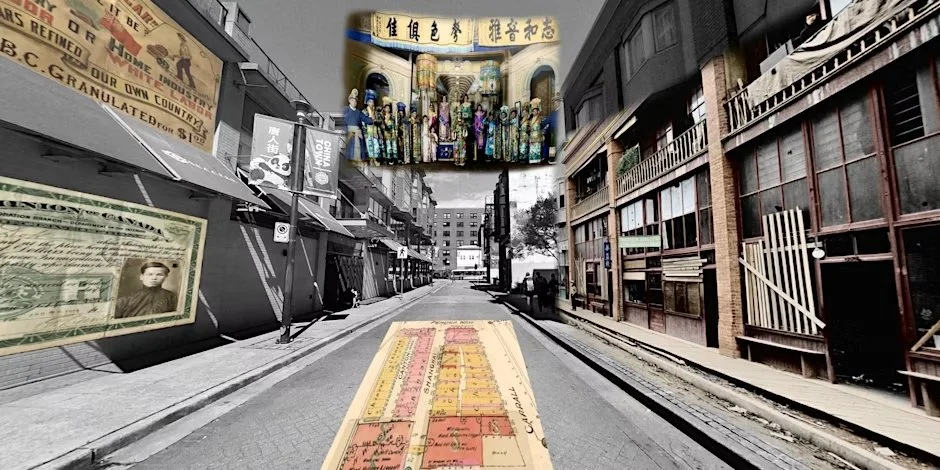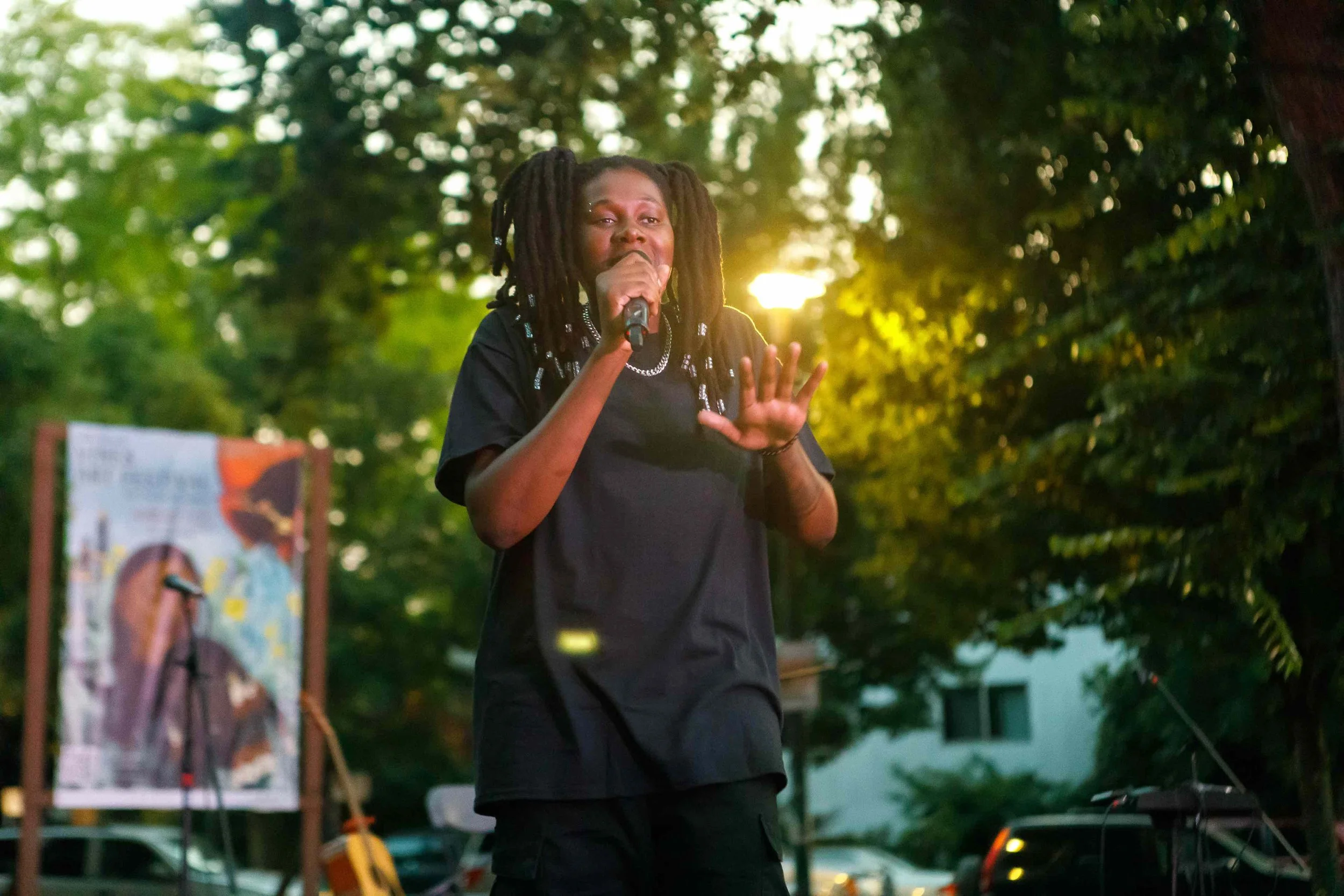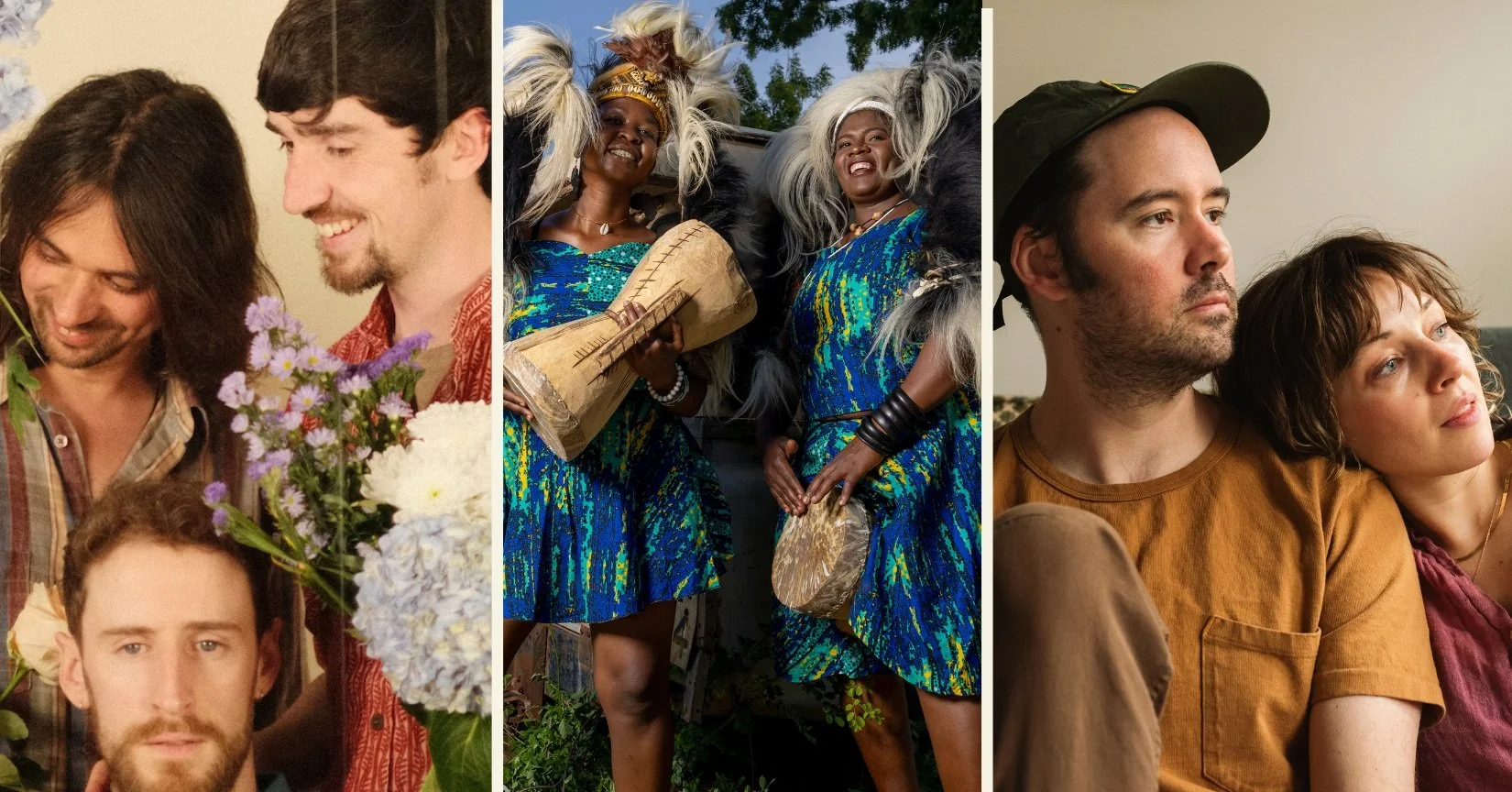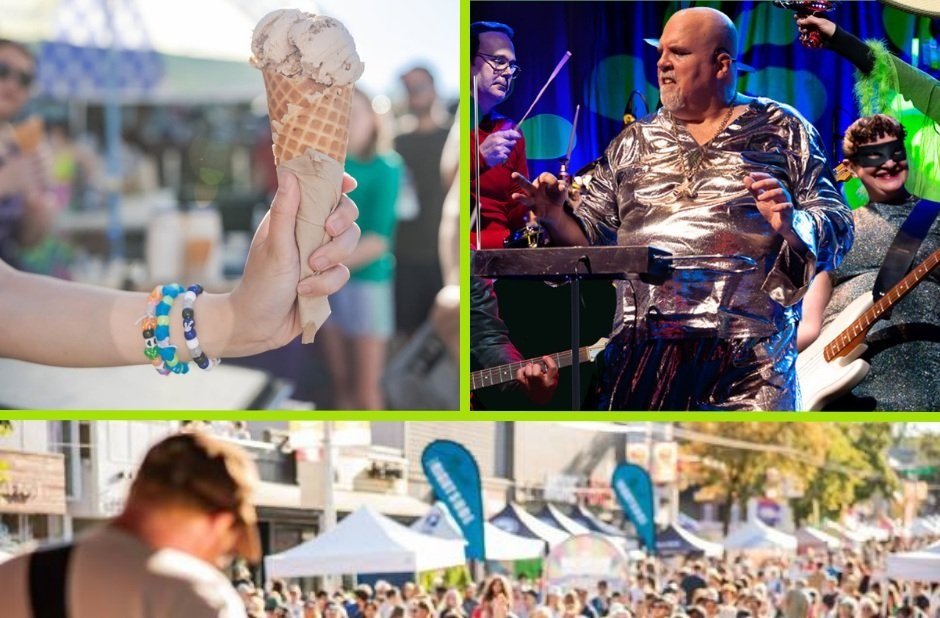Open letter to provincial government calls for renewal of BC Fairs, Festivals and Events Fund
Local arts and culture organizations say “the clock is ticking” as they await answers from Premier David Eby and Spencer Chandra Herbert
Italian Day on the Drive. Photo by Clarence Chan
ARTS AND CULTURE organizations in B.C. are calling for the renewal of the BC Fairs, Festivals and Events Fund through an open letter to the provincial government.
Addressed to Premier David Eby and Spencer Chandra Herbert, who is the Minister of Tourism, Arts, Culture and Sport, the letter states that the NDP has yet to follow through on its 2024 election commitment to “Provide stable, year over year funding for fairs, festivals and events”. While several event-industry stakeholders held a meeting with Herbert on January 30, no details were shared as to the future of the fund.
“As time continues to pass without news of what that funding will be, our industry becomes more vulnerable and lacks the confidence to move forward,” reads the letter. “The clock is ticking on this year’s events and festival season, and B.C. is beginning to lose long-standing and beloved events….Cancellations, postponements, and cheap downsized-versions of what were once thriving and impactful events in communities all across B.C. will be the result if action is not taken now.”
At the helm of the letter are BC Live Performance Network and 17 Black Entertainment. It was signed by hundreds of local arts and culture event organizers; among its Vancouver supporters are the PNE, Bard on the Beach, Just for Laughs VANCOUVER, Italian Day on the Drive, Vancouver International Children’s Festival, the PuSh International Performing Arts Festival, FVDED in the Park, Vancouver Craft Beer & Music Festival, and the Vancouver Writers Fest.
Introduced in 2021, the BC Fairs, Festivals and Events Fund gave several organizations one-time grants to support their transition out of the pandemic. Each organization was provided with up to about 20 percent of its total event budget, for a maximum of $250,000 per event. More funding was provided in 2023 and 2024 for a variety of events across the sector, but no updates have been given as to the state of the fund in 2025. Those who signed the open letter are calling for the immediate return of BCFFE funding, “or an adequate and meaningful replacement fund”.
When Stir connected with Herbert earlier this month, he shared that the BCFFE fund is currently still under review as it was initially designed as a series of one-time contributions to alleviate the impact of COVID-related public-health orders and restrictions.
“All ministries are reviewing existing programs in 2025 and the focus of the review will be ensuring that public dollars are used to ensure programs remain relevant, are efficient, protect services, and grow the economy,” Herbert said.
Stir also connected with a number of local festival and events organizers earlier this month, including Fiona Black, artistic director of the Vancouver Folk Music Festival. Following a video call she had with Herbert on February 6, she shared that “It’s great to have him in our corner, fighting to get funding for our festivals and events. I know he gets it; there’s no need to sell him on the importance of the arts to our city, our province, our world.”
In a 2025 mandate letter to Herbert as the Minister of Tourism, Arts, Culture the Sport, the premier’s priorities included “delivering community events such as fairs and festivals that bring people together” and continuing “to support tourism as a strong pillar of the BC economy by working with the sector to enhance economic growth and community vibrancy”.
According to a 2021 statistic from the provincial government, B.C.’s arts, culture, and heritage sector adds $8.6 billion to the province’s GDP annually. That figure is larger than the sports sector (which adds $1.16 billion) and forestry industry ($5.9 billion) combined.
Hill Strategies reported in 2023 that 154,800 British Columbians were working in arts, culture, and heritage occupations, representing 5.4 percent of the province’s overall labour force. That is about one in 18 workers in B.C., making it the highest proportion in Canada. ![]()


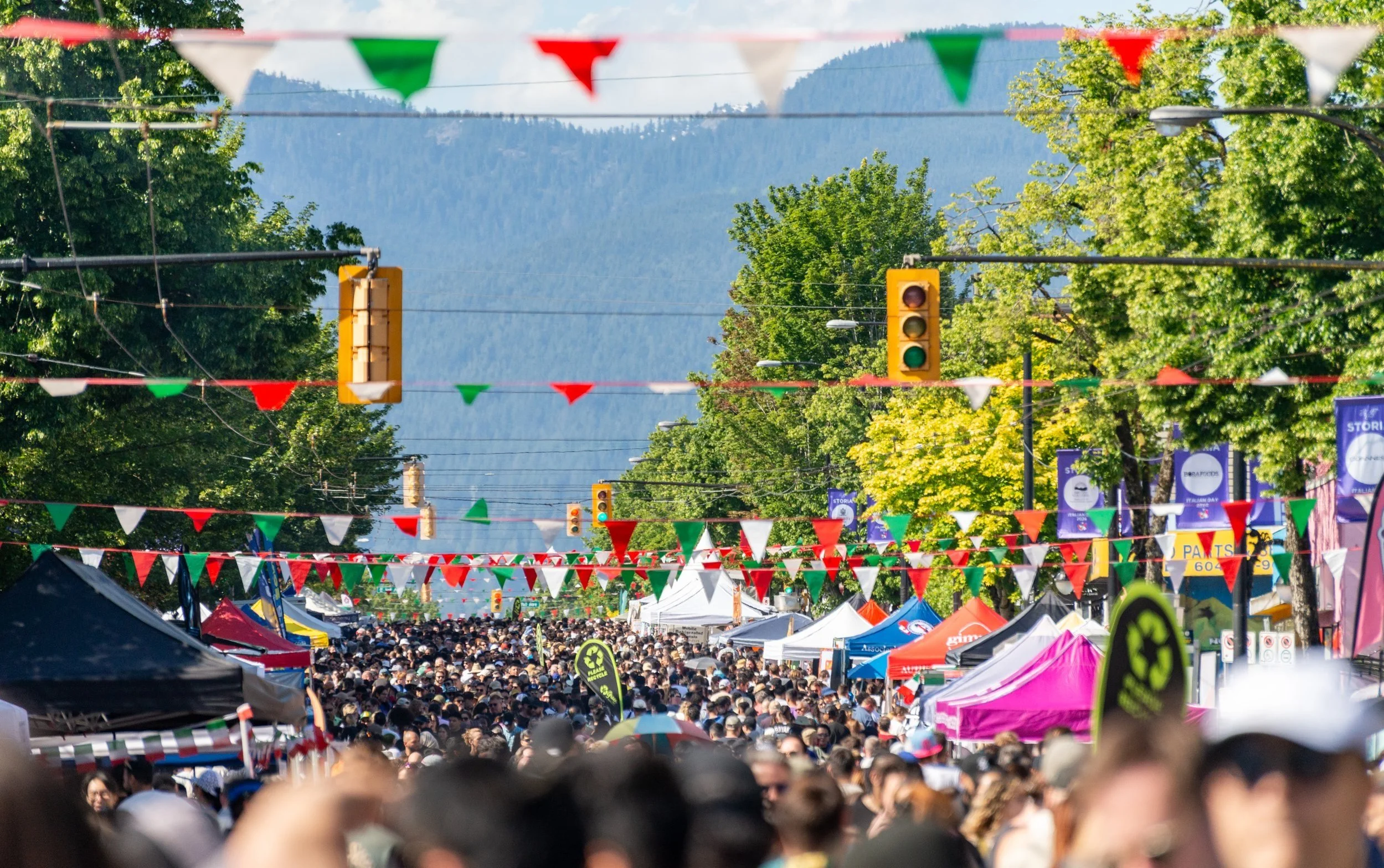

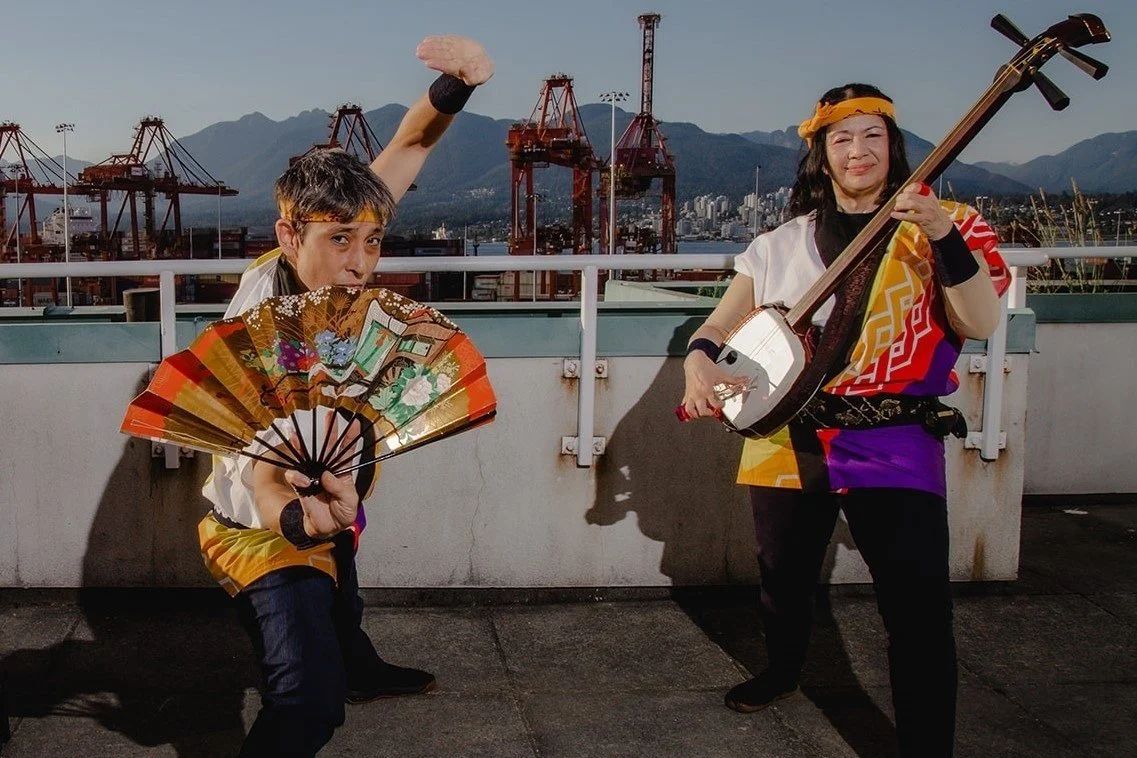




![Theatre review: Complete Works of William Shakespeare (abridged) [revised] [again] takes pleasingly panicked tour of the Bard’s canon](https://images.squarespace-cdn.com/content/v1/5f10a7f0e4041a480cbbf0be/1752776963817-BS2BYYQMLMSGU9OG3E37/Nathan-Kay-and-Craig-Erickson.-Photo-By-Tim-Matheson.jpg)





